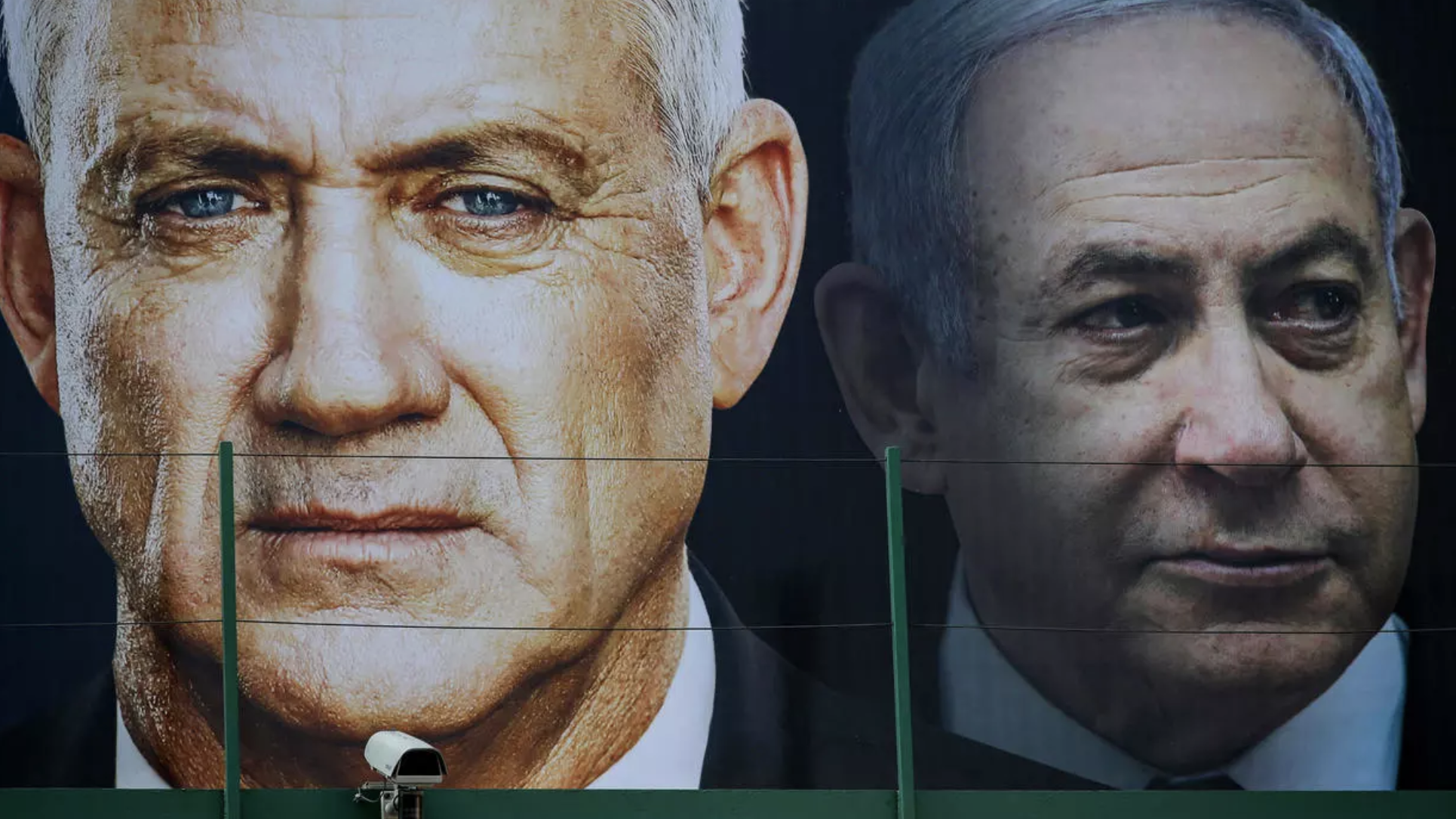Israel's Supreme Court began a two-day hearing on Sunday to determine whether Prime Minister Benjamin Netanyahu, who has been indicted for corruption, will be allowed to form a new government.
A ruling against Netanyahu would likely trigger a snap election, the fourth since April 2019, as the country grapples with the coronavirus crisis and its economic fallout.
"There was a general election, and although people voted for a list and not for candidates, the system in Israel requires voters to consider who will be prime minister," said Attorney Aner Helman, representing the Prosecutor's Office.
Netanyahu and his main rival Benny Gantz signed an agreement last month to form a unity government under which they would take turns leading Israel after three elections that neither of them won.
In two days of hearings, 11 judges will hear eight separate petitions that have been filed in order to stymie the political pact, and their rulings could make or break the unity deal.
The petitions, filed by advocacy groups, concerned citizens and political opponents of the two parties.
In power for more than a decade and currently head of a caretaker government, right-wing Netanyahu will serve as prime minister of a new administration for 18 months before handing the reins to centrist Gantz, according to the unity deal.

A banner depicts Benny Gantz (L), leader of Blue and White party, and Israel Prime minister Benjamin Netanyahu, in Tel Aviv, Israel, February 17, 2020. /Reuters
A banner depicts Benny Gantz (L), leader of Blue and White party, and Israel Prime minister Benjamin Netanyahu, in Tel Aviv, Israel, February 17, 2020. /Reuters
But several groups, including opposition parties and democracy watchdogs, have petitioned the country's highest court to nullify the deal and bar Netanyahu from leading the government, citing the criminal proceedings against him.
Netanyahu, Israel's longest-serving prime minister, was indicted in January on charges of bribery, fraud and breach of trust. He denies any wrongdoing in all three cases against him and has said that he is a victim of a political witch-hunt.
Netanyahu's trial is due to start on May 24.
Attorney General Avichai Mendelblit stated that the Basic Law on the Government stipulates that a prime minister's term can be terminated only after the final disposition in the case, including all appeals.
Moreover, a previous ruling which calls for an indicted cabinet member to step down does not apply to a prime minister due to the more significant role of a prime minister.
Netanyahu is suspected of wrongfully accepting 264,000 U.S. dollars worth of gifts from businessmen, which prosecutors said included cigars and champagne, and of promoting regulatory favours in alleged bids for improved coverage by a popular news website and Israel's best-selling newspaper.
If convicted, he could face up to 10 years in prison on bribery charges and a maximum three-year term for fraud and breach of trust.
(With input from Reuters)